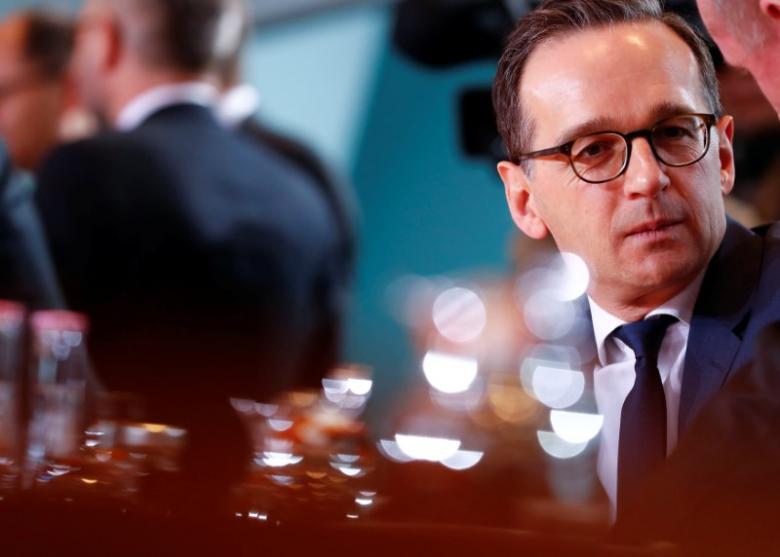Germany’s Justice Minister put forward Tuesday a new draft law calling for social networks such as Facebook to remove threatening online postings and defamatory “fake news quickly or face heavy fines.
The minister, Heiko Maas, a member of the center-left Social Democratic Party, said the new measures could carry penalties against the offending company of up to 50 million euros ($53 million).
“This (draft law) sets out binding standards for the way operators of social networks deal with complaints and obliges them to delete criminal content,” Maas said in a statement announcing the plans.
Social media companies had already taken voluntary steps to crack down on hate crimes that have resulted in improvements.
“This isn’t sufficient yet,” Maas said, citing research that he said showed Twitter deletes just 1 percent of illegal content flagged by users, while Facebook deletes 39 percent.
In 2015, Germany pressed Facebook, Twitter and Google’s YouTube to sign up to a code of conduct, which included a pledge to delete hate speech from their websites within 24 hours.
The new draft law, which would still require the approval of Chancellor Angela Merkel’s cabinet and then the parliament, necessitates companies to provide a round-the-clock service for users to flag illegal content, which would have to be removed by the site within seven days. All copies of the content would also have to be deleted and social media companies would need to publish a quarterly report detailing how they have dealt with such material.
Germany already has some of the world’s toughest hate speech laws covering defamation, slander, public incitement to commit crimes and threats of violence. The government is seeking to update these rules for the social media age.
Maas and other members of conservative Chancellor Angela Merkel’s ruling coalition have called for social networks to be held to higher content standards demanded of media broadcasters instead of hands-off rules applied to telecom operators.
The issue cuts to heart of a more than decade-old debate over whether social network platforms should bear more responsibility for content posted by users, as social networks become an important source of news and information.
In Germany, the issue has taken on more urgency because of concern by the country’s political establishment about the spread of fake news and racist content on social media, often targeting more than 1 million migrants who have arrived in the last two years, which could sway public opinion in this year’s election campaign.
